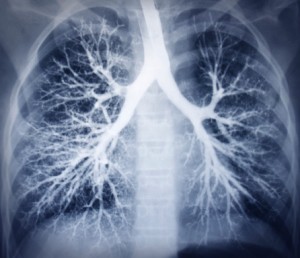 Many adults burn incense for that unique effect it has on the air inside their homes. A brand new study shows that doing so for months on end, year after year, may have a serious adverse effect on your health.
Many adults burn incense for that unique effect it has on the air inside their homes. A brand new study shows that doing so for months on end, year after year, may have a serious adverse effect on your health.
Researchers in Denmark have found that long-term exposure to incense raises the risk of cancers in the upper respiratory tract. These did not, notably, include lung cancer. The burning of incense produces a lot of”particulate matter” and it contains carcinogenic substances, say the researchers.
They say the product should be use cautiously. In rooms where people spend a lot of time, incense should either be minimized or the room should be well-ventilated. The study found that an increased risk of cancer was present in people who used incense for years.
Those people were from more than 61,000 people between 45 and 74 years of age. All were healthy at the study’s start. They found that incense nearly doubled the risk of “squamous cell upper respiratory tract” cancers that include those that affect the lung, nasal passage, sinuses, tongue, larynx and mouth. This elevated risk was seen in both smokers and non-smokers, meaning it was an independent risk factor.
This shouldn’t affect too many people, as not many households in North America are constantly burning incense and sending particles into the air. Still, the American Lung Association has indicated that it will add incense as a risk factor for cancer.
Its importance extends to the fact that researchers may now check out other things people do at home that could raise their cancer risk. As for now, the incense link is an association and not a conclusion. But avoiding environmental pollutants is a good practice for everyone, and routine burning of incense now qualifies as such a pollutant.
Incense burning may be equivalent to the risk of cancer from secondhand tobacco smoke, which is well-known now. Casual use of incense is fine. But people who burn it as part of their daily lifestyle may wish to learn more about this practice — and should wonder what it may do to the respiratory tract.
